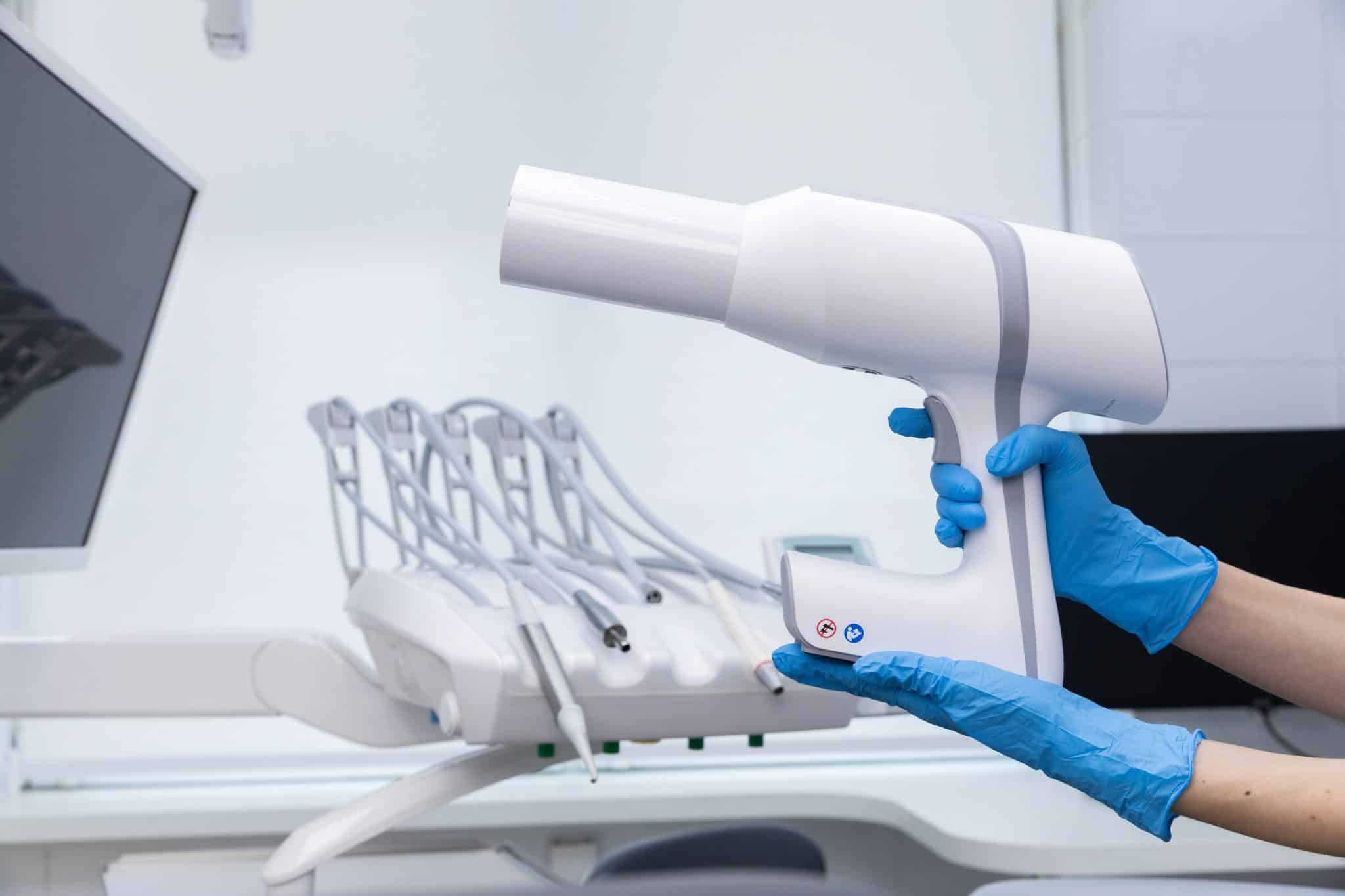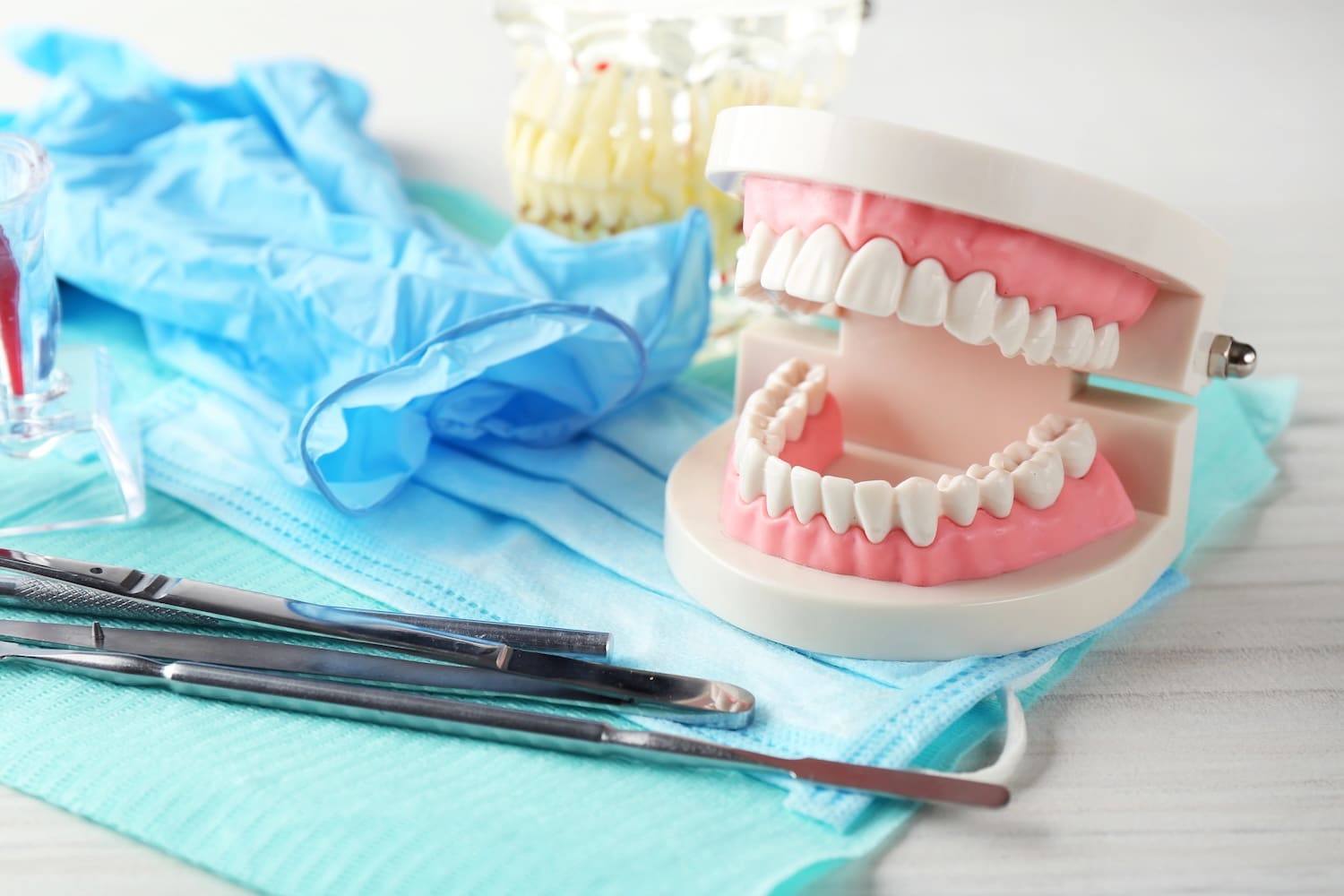A financial audit is an evaluation of sorts of financial records, procedures, and processes to ensure accuracy, compliance with regulations, and overall financial health. This process is typically conducted by an external auditor, but you can also perform an internal audit to evaluate the effectiveness and efficiency of your dental practice’s internal controls, risk management processes, and structure.
Table of Contents
ToggleWhy Dental Practices Perform Internal Audits
Internal audits help dental practices identify weaknesses in their systems, processes, and controls, and provide recommendations for improvements.
There are several reasons why companies perform internal audits, such as:
-
Compliance
Internal audits help ensure that a dental practice is complying with relevant laws, regulations, and industry standards. By identifying and addressing non-compliance issues, dentists can avoid costly penalties and legal consequences.
-
Risk Management
Internal audits help identify and assess risks that could potentially impact a dental practice’s operations, finances, and reputation. By evaluating risks, dentists can take proactive measures to mitigate them and protect their assets.
-
Operation Efficiency
Internal audits help identify inefficiencies in a dental practice’s operations and processes. By streamlining workflows and improving processes, dentists can reduce costs, increase productivity, and enhance overall performance.
-
Fraud Prevention
Internal audits help detect and prevent fraud, embezzlement, and other forms of financial misconduct. By conducting regular audits, dentists can deter fraudulent activities and protect their assets.
-
Accountability & Transparency
Internal audits promote accountability and transparency within a dental practice. By evaluating and reporting on the effectiveness of internal controls, dental practice’s demonstrate their commitment to good governance and ethical practices.
Preparing Your Dental Practice for an Internal Audit
Preparing your business for an internal audit is crucial to ensure that your company’s operations and financial records are in compliance with regulations and policies. Here are some steps you can take to get ready for an internal audit:
- Establish clear objectives and goals to determine what areas of your dental practice you want to focus on, or what specific policies or procedures you want to review
- Organize your documents – this may include financial statements, accounting records, contracts, and other important documents that may be needed during the audit process
- Evaluate your company’s internal controls to identify any weaknesses or areas of potential risk and make any necessary adjustments
- Communicate with your team about the upcoming audit and the areas that will be reviewed as well as their roles and responsibilities during the audit process
- After the audit is complete, review the findings and take action to address any issues or many necessary changes to improve your business operations
The Purpose of External Audits
External audits are an independent examination of a dental practice’s financial statements, processes, and controls conducted by an external auditor. These audits are typically performed by a certified public accounting firm or other qualified professionals who are not affiliated with the dental practice being audited. The purpose of external audits is to provide assurance to stakeholders, such as investors, creditors, and regulators, that the financial statements of the dental practice are accurate and reliable. By reviewing the dental practice’s financial records and procedures, external auditors can assess the dental practice’s compliance with relevant laws and regulations, as well as its adherence to best practices in financial reporting. Overall, external audits play a vital role in enhancing the credibility and trustworthiness of a dental practice’s financial information, and are an essential component of good corporate governance.
How to Prepare for an External Audit
Whether you’re preparing for an external or internal audit, preparation is key in ensuring that your dental practice is in compliance with regulations and industry standards. Here are some steps to help you prepare for an audit:
- Understand the scope of the audit and understand what areas are being examined
- Review past audit findings and address any outstanding issues to show auditors that you’re committed to continuous improvement
- Gather relevant documentation and records to get ready for the audit such as financial statements, policies and procedures, contracts, invoices, and other relevant documentation
- Train your staff on how to interact with auditors, answer their questions, and ensure they are completely aware of their role and responsibilities
- Keep clear lines of communication open with auditors throughout the process and be responsive to their requests
Ready to Improve Your Business Functions & Performance?
Audits are essential for several reasons. Not only can they help ensure your dental practice’s financial statements are accurate and reliable, but they can ultimately protect your dental practice from legal and financial risks and maintain the trust and confidence of investors and patients. Both internal and external audits can provide valuable insights into the efficiency and effectiveness of your operations and processes, enabling you to make informed decisions and implement necessary improvements.
Adam has an MBA from the Richard Ivey School of Business in London and also holds a Chartered Investment Manager designation.
- Tax Return Preparation Guide for Dental Professionals - January 19, 2026
- Financial Lessons from Successful Dental Practices - January 12, 2026
- 2026 Tax Changes Affecting Canadian Dentists - January 5, 2026




